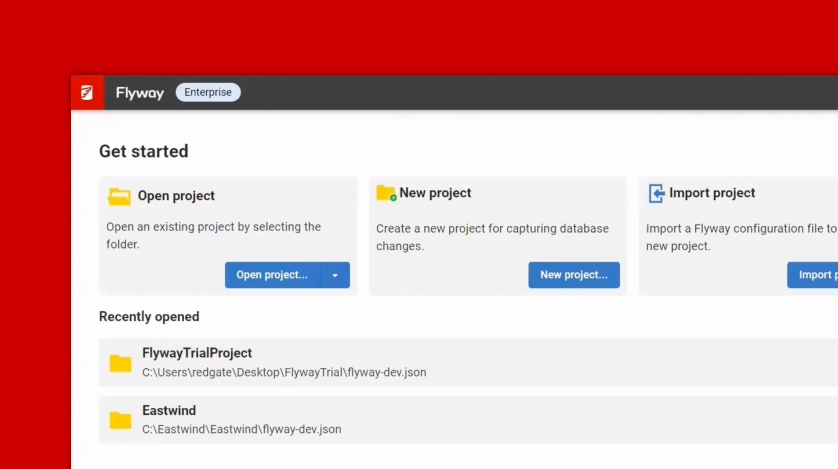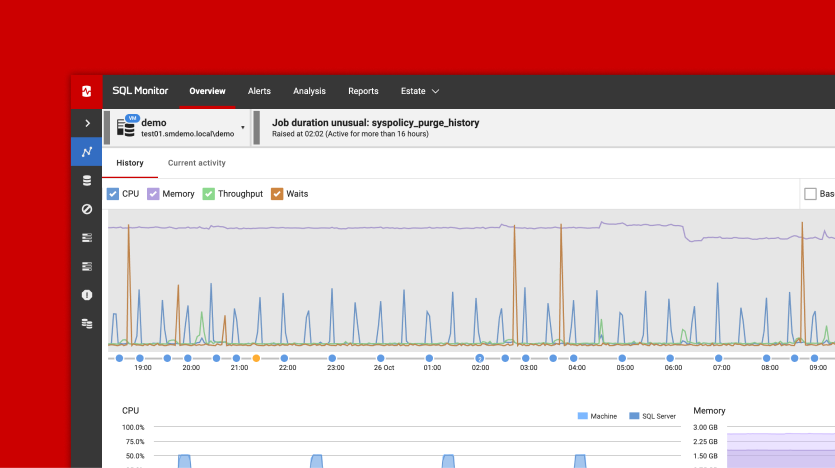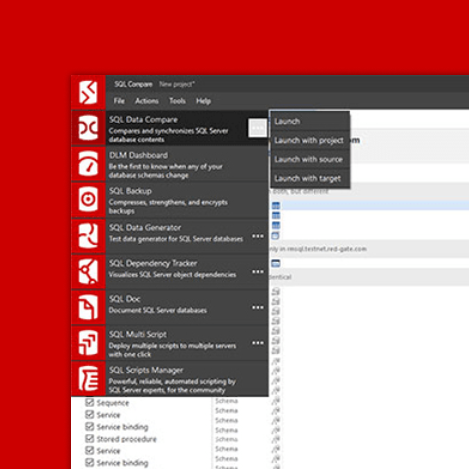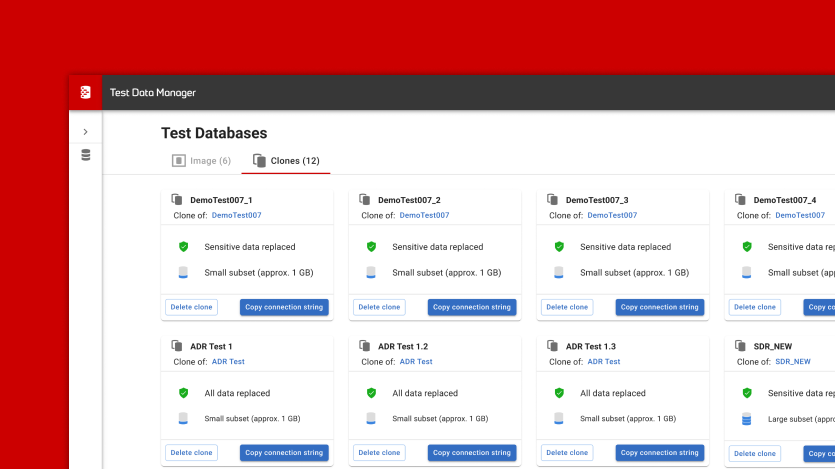Does DevOps deliver during a health crisis?
The world today is suffering from the advent of a new disease, COVID-19. Now, all is not doom and gloom, and there is absolutely no reason for any kind of panicked response. The reasonable voices suggest this may simply become like the flu, or, with a vaccine, be eliminated entirely. However, the situation we’re in points out how the changing needs of a globally connected environment are being more clearly defined by this current crisis.
Manual processes are pain
As organizations send their employees home for work, suddenly, it’s going to become a lot more apparent how many manual processes are at work within the organization. How much is dependent upon people being at their desks, able to talk to one another directly? The more methods you have within your organization that are not automated, that require manual intervention, that may even require a physical presence, the more pain you’re going to experience during this rapid shift to a new work paradigm, even if that shift is temporary in nature.
The biggest issue with chronic pain is that we become somewhat used to it; many organizations are already dealing with the fact that they’re unable to deploy changes quickly and easily. They have pain today, but it’s pain they’re used to. Further, prior to sending everyone home to work, you had your tried and true, albeit slow, inflexible, and painful, process to fall back on. Now, suddenly, what was simply uncomfortable pain has become debilitating, because that process has broken.
Moving to a DevOps paradigm is all about putting people, process, and technology to work in order to eliminate these manual processes, manual bottlenecks, and the need for a team to be sitting in the same room in order to deliver functional software and safe database changes.
Automating away the pain
The single biggest component of adopting a DevOps methodology is tackling the need for cross-team communication. In fact, communication, especially outside the room where software is being developed, to teams across your floor, through the building, between buildings, across campus, frankly, around the world, is the start of any successful DevOps implementation. By default, a DevOps methodology won’t care if you’re working in the office, from home, or anywhere.
The next important aspect of a DevOps methodology that will help you deal with a crisis like COVID-19 is the inherent testing built into every aspect of software development and deployment. Because you’re going to be automating so much of the development and deployment mechanisms, you will also have automated testing. All this will be driven from source control using some type of flow control mechanism. With all this in place, the introduction of errors because of a dispersal of your workers, will be caught quickly.
The very concept of DevOps is to fail fast and fail early in the process, to catch the errors as they’re happening and as they’re introduced. This strengthens the system so that something like a difference in delivery time, missing drivers on a home computer, or any of the myriad number of possible situations introduced by suddenly having people work remotely are dealt with quickly, and automatically, by the process.
Finally, DevOps is all about increasing the velocity of your development and deployment so that you can implement necessary code and data changes at the speed the business needs it. Right now, because of the changes caused by COVID-19, and any future similar situation, there are any number of changes that need to be implemented immediately to better support both the business and your employees.
Maybe you need to quickly post healthcare changes and functionality within your HR department. Maybe the need to communicate some process changes to your customers, along with those changes, is needed to modify your organization's behavior. Regardless of the reasons for the change, those who have already adopted a DevOps methodology whereby they’re deploying multiple times a week, or even multiple times a day, are not only going to be prepared for the need to rapidly shift direction, they’re going to be used to doing exactly that.
Yes, DevOps delivers during a health crisis
Mastery of any skill is all about practice. There’s probably no easy way for most businesses to practice some of the necessary changes coming about because of what’s currently happening with COVID-19. However, the organizations that are already practicing an automated, process focused, team oriented, method of software delivery, i.e. DevOps, are simply incorporating these new paradigms as a natural extension of what they already do.
Giving your organization the ability to easily and quickly shift as part of a normal business cycle also gives it the ability to shift as part of an emergency cycle. You’ve already practiced to establish the skills, processes and automation to deal with these changes. DevOps does deliver.
Ready to discuss the solutions you can implement at your organization now, to prepare for business continuity in crisis? Get in touch now.






